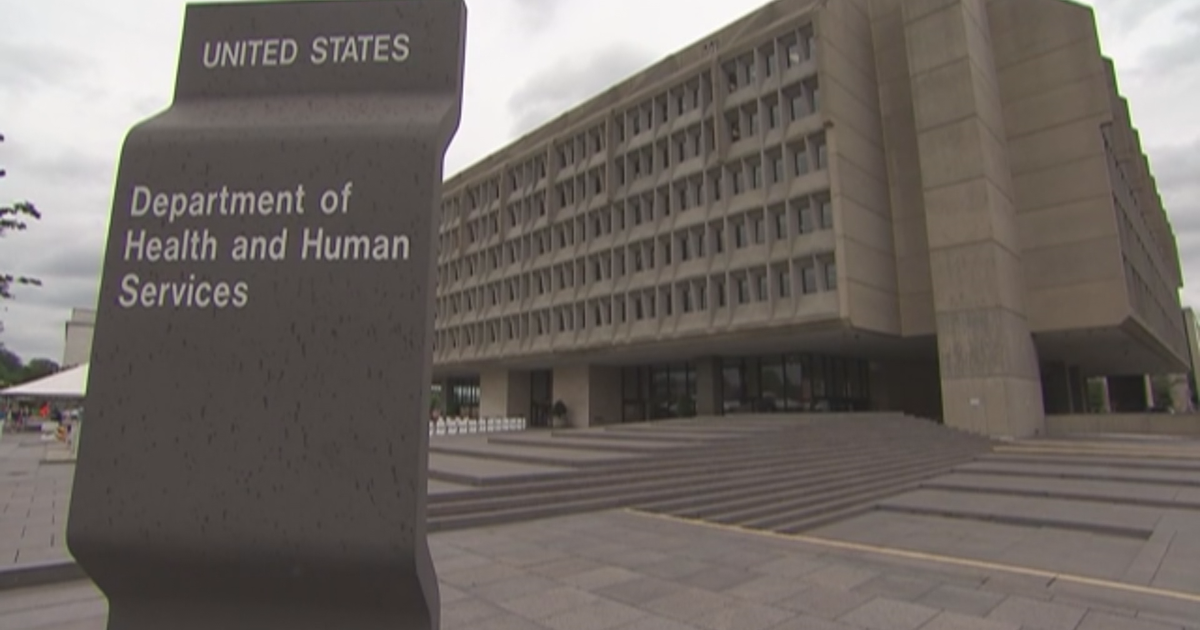California Senate backs longshot single-payer health care bill
SACRAMENTO, Calif. -- The California Senate voted Thursday to advance a longshot single-payer health care plan that would replace insurance companies with government-funded health care for everyone in the state.
The move came even as proponents acknowledged they don't know how to pay its huge $400 billion price tag. But supporters say the measure means big savings for families.
In a study commissioned by the California Nurses Association, which is the lead sponsor for the bill, researchers at the University of Massachusetts-Amherst said Californians could save billions of dollars under the system, in part, because of lower drug prices and because families would no longer have to pay copays, deductibles or premiums, CBS San Francisco reports.
The measure would have died if it failed to clear the Senate this week. Democrats said they wanted to keep it alive as the Assembly tries to work out a massive overhaul of the state health care system.
"With President Trump's promise to abandon the Affordable Care Act as we know it, it leaves millions without access to care and California is once again tasked to lead," said Sen. Ricardo Lara, a Democrat from Bell Gardens who wrote the single-payer bill with Sen. Toni Atkins, a San Diego Democrat.
Universal government-funded health care could give the state extraordinary bargaining power to negotiate favorable rates with drug makers, hospitals, doctors and other health care providers while eliminating costs associated with billing insurance companies, Lara said.
Critics, however, warned that the measure would require massive tax hikes and lead to long waits for health care.
The debate at the state capital became heated this week, CBS San Francisco reports.
Sen. Joel Anderson, a Republican from San Diego County, said: "Quit whining and start leading. Quit complaining and start introducing things that make sense. But quit blaming Republicans."
Two analyses said the state would need to raise $400 billion a year. While much of it could come from redirecting existing state and federal spending on health care, the program would still require as much as $100 billion in new taxes.
"I can't think of a more effective way to cripple the state financially than to charge ahead with what seems to be a reckless plan," said Sen. Ted Gaines, a Republican from El Dorado Hills near Sacramento.
Because the plan would eliminate out-of-pocket health care costs for consumers, like copays and deductibles, the study said overall health care spending would decrease for the middle class while rising for people with higher incomes.
"This bill idealistically assumes California can deliver on its promise to 40 million people," said Sen. Janet Nguyen, a Fountain Valley Republican. "Yet... the state is failing to sustain the current government-funded system, Medi-Cal, that only serves 14 million people."
Many patients on the state Medicaid program, which covers people with low incomes, have trouble finding a doctor who accepts their insurance, she said.
The bill, SB562, still faces significant hurdles. It must clear the more moderate Assembly and secure the signature of Democratic Gov. Jerry Brown, who has expressed skepticism about the costs.
The tax increases would require support from two-thirds of the Senate and Assembly, and voters would potentially have to change a cap on state spending. It also would need President Donald Trump's administration to waive federal Medicare and Medicaid rules.





